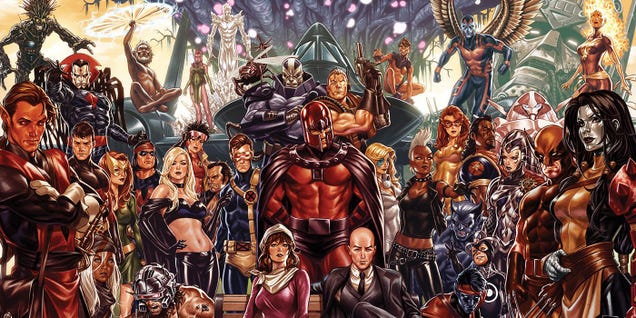A California jury has found that Tesla was not at fault for a fatal 2019 crash that allegedly involved its Autopilot system, in the first US trial yet for a case claiming its software directly caused a death. The lawsuit alleged Tesla knowingly shipped out cars with a defective Autopilot system, leading to a crash that killed a Model 3 owner and severely injured two passengers, Reuters reports.
Per the lawsuit, 37-year-old Micah Lee was driving his Tesla Model 3 on a highway outside of Los Angeles at 65 miles per hour when it turned sharply off the road and slammed into a palm tree before catching fire. Lee died in the crash. The company was sued for $400 million plus punitive damages by Lee’s estate and the two surviving victims, including a boy who was 8 years old at the time and was disemboweled in the accident, according to an earlier report from Reuters.
Lawyers for the plaintiffs argued that Tesla sold Lee defective, “experimental” software when he bought a Model 3 in 2019 that was billed to have full self-driving capability. The FSD system was and still is in beta. In his opening statement, their attorney Jonathan Michaels also said that the “excessive steering command is a known issue at Tesla.”
Tesla’s defense argued that there was no such defect, and that an analysis cited by the plaintiffs’ lawyers identifying a steering issue was actually looking for problems that were theoretically possible. A fix to prevent it from ever happening was engineered as a result of that analysis, according to the company. Tesla blamed human error for the crash, pointing to tests that showed Lee had consumed alcohol before getting in the car, and argued that there’s no certainty Autopilot was in use at the time.
The jury ultimately found there was no defect, and Tesla was cleared on Tuesday. Tesla has faced lawsuits over its Autopilot system in the past, but this is the first involving a fatality. It’s scheduled to go on trial for several others in the coming months, and today’s ruling is likely to set the tone for those ahead.
This article originally appeared on Engadget at https://www.engadget.com/teslas-autopilot-was-not-to-blame-for-fatal-2019-model-3-crash-jury-finds-210643301.html?src=rss A California jury has found that Tesla was not at fault for a fatal 2019 crash that allegedly involved its Autopilot system, in the first US trial yet for a case claiming its software directly caused a death. The lawsuit alleged Tesla knowingly shipped out cars with a defective Autopilot system, leading to a crash that killed a Model 3 owner and severely injured two passengers, Reuters reports.
Per the lawsuit, 37-year-old Micah Lee was driving his Tesla Model 3 on a highway outside of Los Angeles at 65 miles per hour when it turned sharply off the road and slammed into a palm tree before catching fire. Lee died in the crash. The company was sued for $400 million plus punitive damages by Lee’s estate and the two surviving victims, including a boy who was 8 years old at the time and was disemboweled in the accident, according to an earlier report from Reuters.
Lawyers for the plaintiffs argued that Tesla sold Lee defective, “experimental” software when he bought a Model 3 in 2019 that was billed to have full self-driving capability. The FSD system was and still is in beta. In his opening statement, their attorney Jonathan Michaels also said that the “excessive steering command is a known issue at Tesla.”
Tesla’s defense argued that there was no such defect, and that an analysis cited by the plaintiffs’ lawyers identifying a steering issue was actually looking for problems that were theoretically possible. A fix to prevent it from ever happening was engineered as a result of that analysis, according to the company. Tesla blamed human error for the crash, pointing to tests that showed Lee had consumed alcohol before getting in the car, and argued that there’s no certainty Autopilot was in use at the time.
The jury ultimately found there was no defect, and Tesla was cleared on Tuesday. Tesla has faced lawsuits over its Autopilot system in the past, but this is the first involving a fatality. It’s scheduled to go on trial for several others in the coming months, and today’s ruling is likely to set the tone for those ahead.This article originally appeared on Engadget at https://www.engadget.com/teslas-autopilot-was-not-to-blame-for-fatal-2019-model-3-crash-jury-finds-210643301.html?src=rss Read More Company Legal & Law Matters, Automotive Industry, Transport Accident, Transportation, site|engadget, provider_name|Engadget, region|US, language|en-US, author_name|Cheyenne MacDonald Engadget is a web magazine with obsessive daily coverage of everything new in gadgets and consumer electronics

